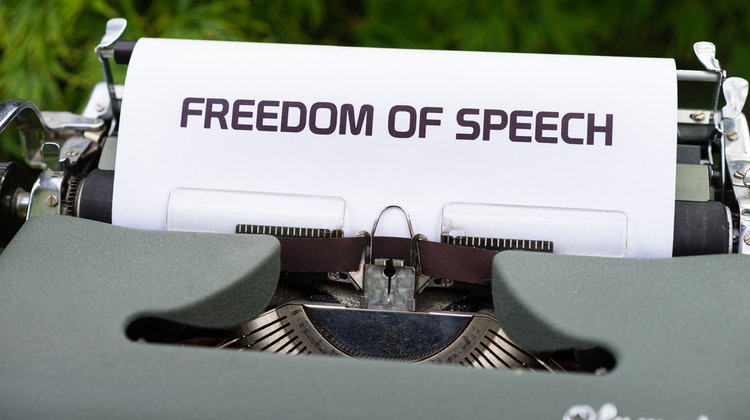
Photo Credit: pexels
A new Florida bill almost sounds like something written by the head of a paranoid totalitarian state. It requires bloggers who write about top elected officials to register with the government within five days of their first post. How did Florida suddenly transform into some kind of dystopian society where a bill like this is even possible?
The answer, of course, has to do with misinformation. The new Florida bill is really an attempt to clean up all the misinformation commonly found on social media, and to make it very clear who’s shilling for whom on social media. The bill applies only to bloggers who receive payment for their opinion or commentary, and does not apply to news organizations, or political bloggers who are simply reporting the news without any form of monetary compensation. The bill considers paid bloggers to be “lobbyists,” and that is why the penalties and requirements are so stringent. If you fail to self-report as a paid lobbyist, you could be facing daily fines.
Is misinformation costing us the right to free speech on social media?
Obviously, there’s a gray area here. Yes, the bill might do a lot to clean up “fake news” and “misinformation,” but what about free speech? While this bill does not directly censor what you can and can not say, it does encourage self-censorship. In other words, if you’re thinking about writing mean or nasty things about Florida Gov. Ron DeSantis, you might think twice.
After all, once you self-report as a paid political blogger, you’re surely going to be put on some sort of list, and you never really know who’s going to be checking that list. In places like China or the former Soviet Union, the people checking these types of lists were usually part of the party elite or the secret police. Or both. You didn’t want to end up on these lists, because it usually meant you were headed for a nasty little trip to outer Siberia or a gulag prison camp.
That is why this new bill is so perplexing. What differentiates America from the rest of the world is that we’re allowed to say what we think and feel, and it’s all protected by our First Amendment rights. As long as we’re not yelling “Fire!” in a crowded movie theater, or inciting others to violent action with hate speech, we can say or write just about anything we want. And we can even say very mean things about our elected officials, and there’s nobody who can stop us.
That’s why this new Florida bill sounds a bit like rolling a stone down a slippery slope. We’re being told that it will “protect” us from all the ills of social media, but it might end up depriving us of one of the most exalted rights that we have as Americans.
Next steps?
The good news is that, due to all the public uproar over this bill, it probably doesn’t have a good chance of passing. But what if other states succeed in passing a similar bill, and making it very onerous for political bloggers to say what they really think and feel?
The obvious response would be to “vote with your feet” and simply move to another state that takes free speech a bit more seriously. If that’s not possible, then the next best response is to put more pressure on the big social media platforms to change their ways. They’ve been quiet for too long about all the censorship that has already been tolerated on social media, and according to the Twitter Files, they’ve been complicit in helping the government crack down on voices it doesn’t approve of.
This has to change. If it doesn’t, our First Amendment rights could be at risk.